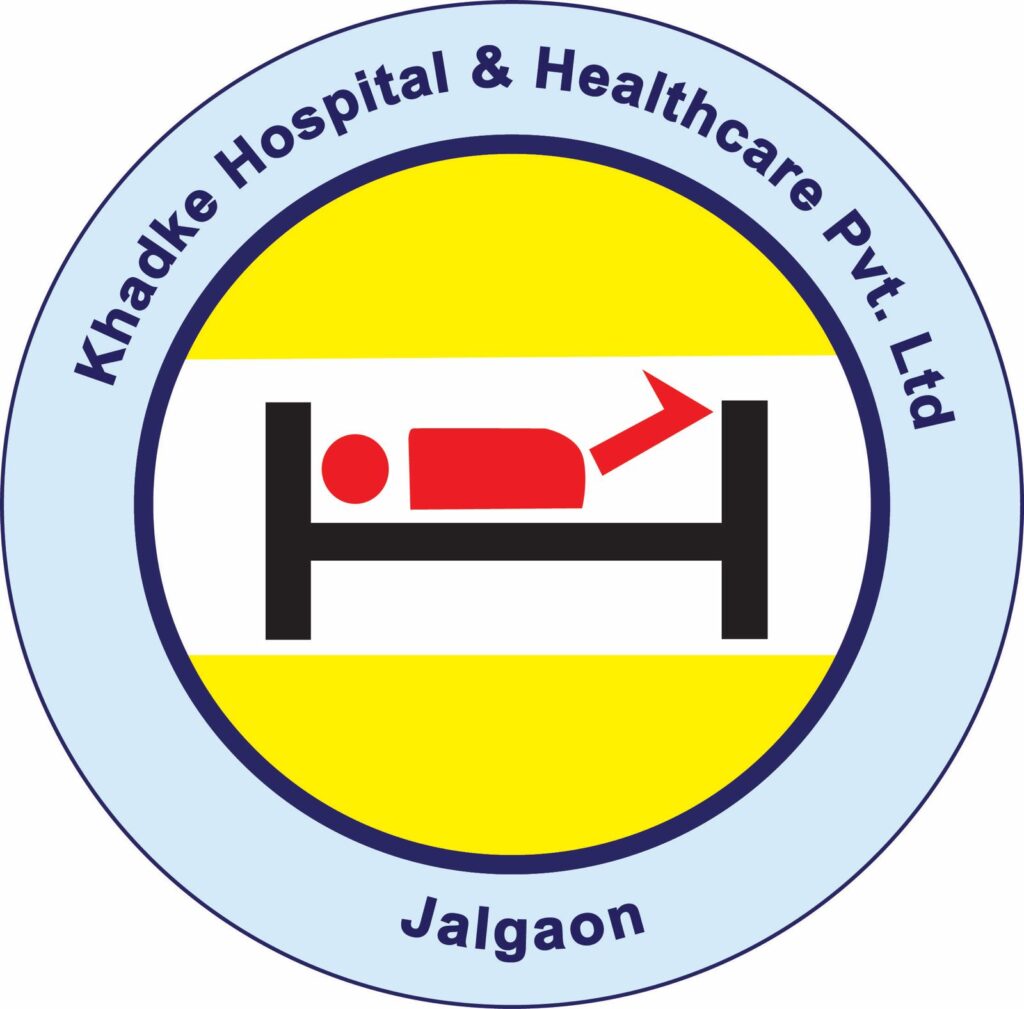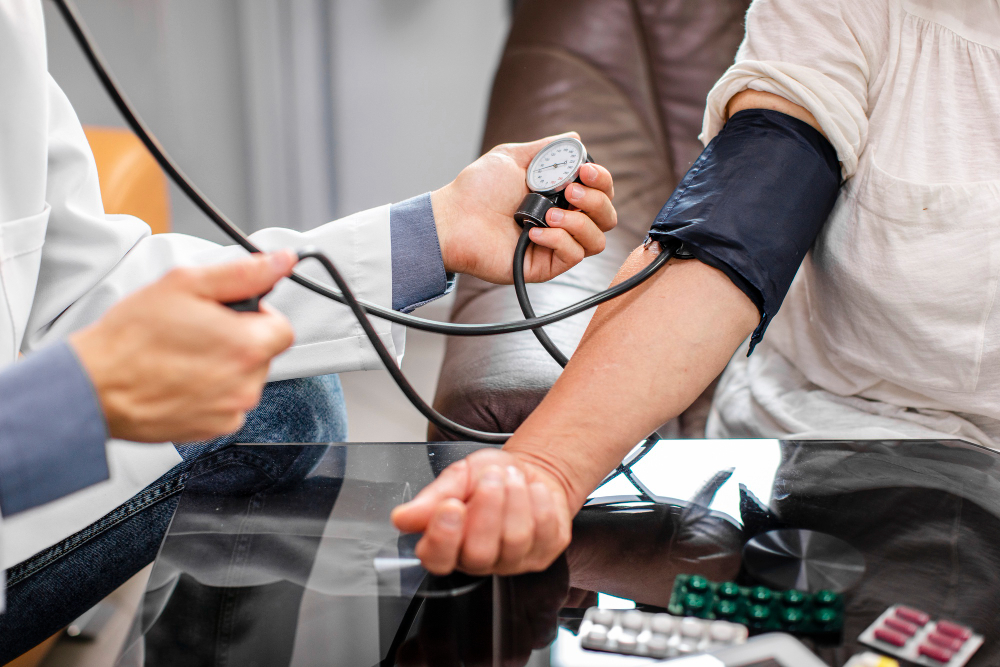What is a Hypertensive Emergency?
A hypertensive emergency is a serious health problem. It happens when blood pressure rises very high and causes damage to organs like the heart, brain, or kidneys. This is different from regular high blood pressure. In a high blood pressure crisis, quick treatment is needed. Without fast care, life-threatening problems can occur. According to the CDC, this condition is rare but very dangerous. Knowing the signs of hypertensive emergency can save lives.
Symptoms of Hypertensive Emergency
Symptoms can appear suddenly. Often, they are severe and may include:
Sometimes, people may also notice nosebleeds or feel very anxious. If you notice these signs of hypertensive emergency, act quickly.
Causes and Risk Factors
Many things can lead to a hypertensive emergency. Some common causes include:
People with long-term high blood pressure are at higher risk. Also, those with heart or kidney problems should be extra careful. Sometimes, missing just one dose of medicine can trigger a crisis.
How is Hypertensive Emergency Diagnosed?
Doctors use several steps to diagnose a hypertensive emergency. First, they measure your blood pressure. If it is much higher than normal and you have organ damage, it is an emergency. Next, doctors may order tests such as:
These tests help find out if organs are affected. Quick diagnosis is important for emergency hypertension treatment.
Treatment Options
Treatment for a hypertensive emergency must start right away. Usually, doctors give medicine through a vein (IV) to lower blood pressure quickly but safely. They also watch your heart, kidneys, and brain closely. Sometimes, you may need to stay in the hospital for a few days. The main goals are:
After the crisis, doctors may change your daily medicines to help prevent another emergency.
Prevention and Lifestyle Tips
Although a hypertensive emergency is serious, you can lower your risk. Here are some helpful tips:
With these steps, you can help prevent a high blood pressure crisis.
When to Seek Emergency Care
If you or someone you know has very high blood pressure and any of these symptoms, call 911 or go to the nearest emergency room:
Do not wait for symptoms to get worse. Early treatment can save lives.
Conclusion and Next Steps
In summary, a hypertensive emergency is a life-threatening condition. It needs fast action and expert care. Knowing the symptoms and causes can help you stay safe. Always take your medicine and follow your doctor’s advice. If you or someone you know experiences symptoms of a hypertensive emergency, seek immediate medical attention.

